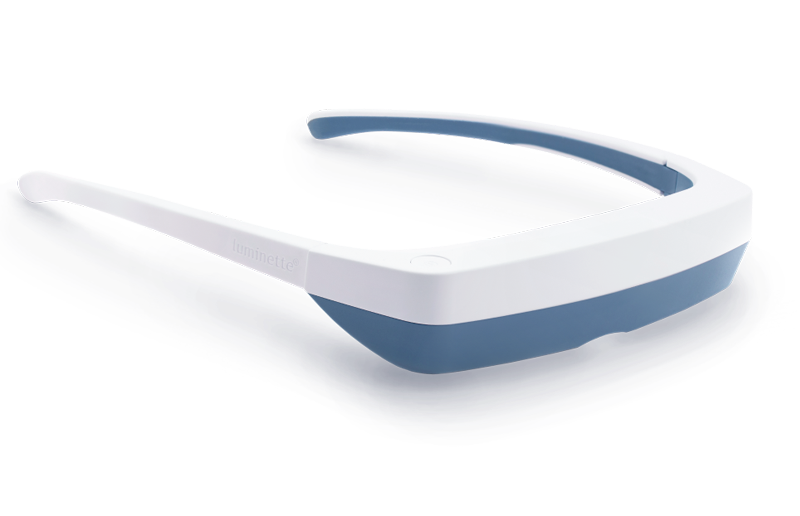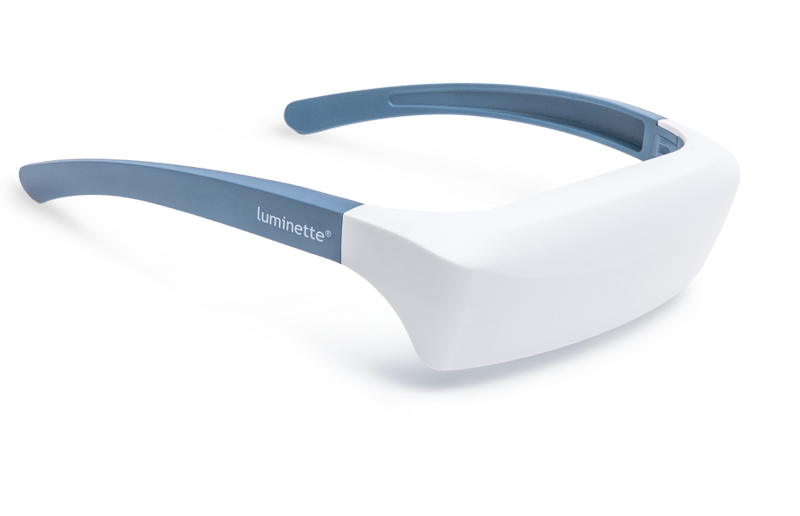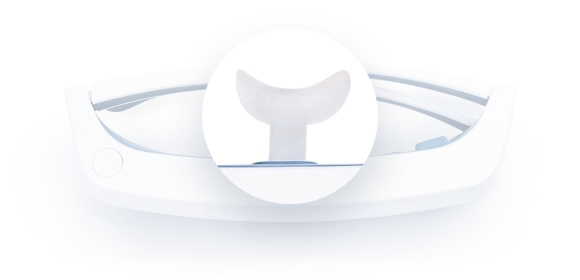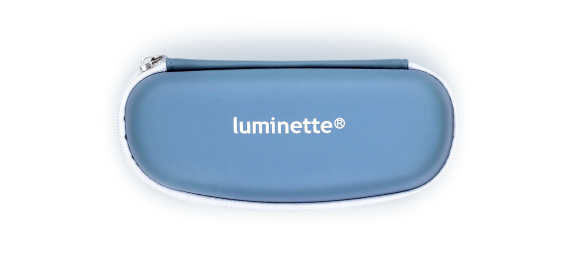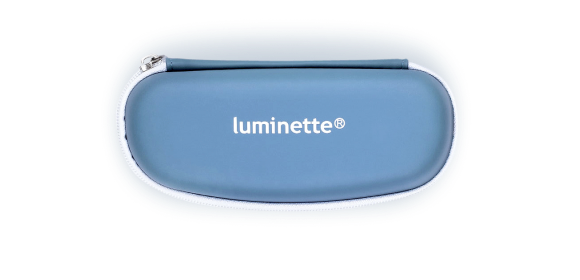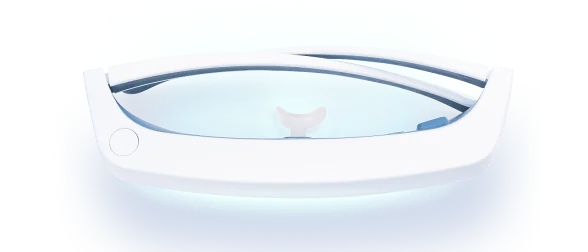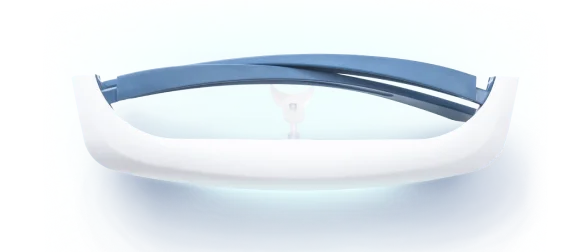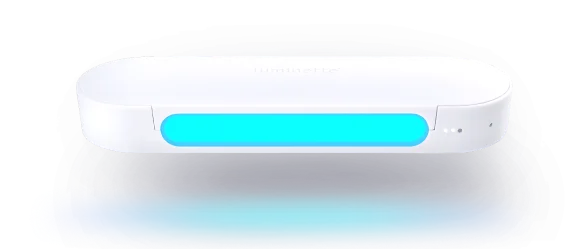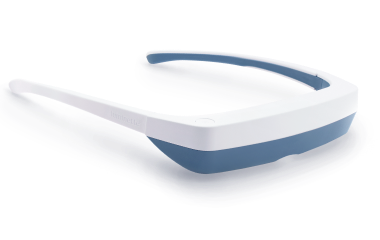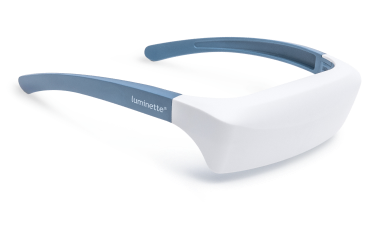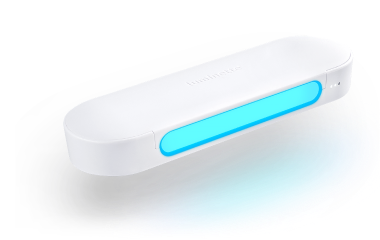As every year, the change to daylight saving time generates a lot of discussion. While this change has a positive impact on our energy consumption, it's not without consequences on our mood and biological clock.
Transitioning to Winter Time: Understanding the Clock Change
Each year, as autumn turns to winter, many countries make the shift from daylight saving time to wintertime—also known as standard time. While this one-hour adjustment is designed to better align our schedules with available daylight, it often creates more disruption than expected. The transition can affect everything from our sleep cycles and energy levels to our emotional stability and daily routines.
Understanding how winter time impacts your body, mind, and mood is essential to managing this seasonal transition effectively. As the days grow shorter and natural light becomes scarce, your internal clock—or biological rhythm—can struggle to stay in sync. This misalignment may lead to fatigue, irritability, trouble sleeping, or a general dip in motivation.
Fortunately, with the right strategies—including sleep hygiene, routine adjustments, and light therapy—you can make the transition smoother and protect your well-being throughout the darker months. In this article, we’ll explore how winter time affects your body and mind, who’s most vulnerable to the shift, and what you can do to stay energized and balanced as the seasons change.
What Is Winter Time and Why Do We Use It?
Winter time, also known as standard time, is the timekeeping system used during the fall and winter months when clocks are set back by one hour. This adjustment is meant to make better use of natural daylight during the shorter days of winter, helping people wake up in more light and go about their day with slightly more morning brightness. While it may sound like a simple shift, this change can affect our sleep, work patterns, and overall mental state—especially in regions where daylight is already limited.
The Origin and Meaning of Winter Time
The concept of changing the clocks dates back to the early 20th century. Winter time is essentially the “default” or natural time zone based on Earth’s rotation and position relative to the sun. It was formalized to provide consistency in social and economic activity when daylight saving time (DST) is not in effect. Unlike DST, which shifts time artificially to extend evening daylight, winter time represents the most accurate alignment with solar noon—when the sun is at its highest point in the sky.
Winter Time vs. Daylight Saving Time—Key Differences
The primary difference between winter time and daylight saving time lies in how we shift our schedules relative to sunlight:
-
Daylight saving time (spring and summer) moves the clock forward by one hour, resulting in lighter evenings and darker mornings.
-
Winter time (fall and winter) returns the clock to standard time, giving more light in the early morning but making evenings darker earlier.
While DST aims to maximize usable daylight after work or school, winter time tends to better support your body's clock, especially for people who rise early or are sensitive to morning darkness.
The Impact of Winter Time on Your Daily Life
The transition to winter time may only shift the clock by an hour, but its effects can ripple through nearly every part of your daily routine. From morning alarms to evening wind-downs, the reduced daylight and earlier sunsets reshape how we experience the day—both physically and mentally. Understanding these subtle yet impactful changes can help you adjust your schedule in a way that protects your energy, mood, and productivity.
Shorter Winter Days and Darker Mornings
When winter time begins, mornings may feel brighter for a few days, but as the season progresses, darkness often dominates both ends of the day. Waking up before sunrise becomes more common, especially for early risers and school-age children. Without exposure to natural morning light, your body’s internal clock can fall out of sync, delaying melatonin suppression and leaving you feeling groggy or disoriented. This lack of light can also make it harder to wake up feeling refreshed and ready to start the day.
Why Winter Sunsets Affect Productivity and Mood
In winter, the sun may set as early as 4 p.m. in some regions, leading to a sense that the day ends before many tasks are complete. This can affect motivation, focus, and emotional resilience, especially for people working indoors or those with little access to daylight. The early onset of darkness has also been linked to increased evening fatigue, social withdrawal. Even mild mood dips are more common in winter, simply because the brain receives fewer natural light cues to stay alert and balanced.

How Natural Light Stabilizes Mood and Wakefulness
Natural daylight—especially during the first half of the day—plays a key role in mood stabilization. It helps regulate serotonin , a neurotransmitter associated with happiness, calm, and emotional resilience. Getting outside in the morning, even for 15–30 minutes, can help restore a more balanced rhythm after a time change. It reinforces the natural cycle of wakefulness during the day and sleepiness at night, reducing the emotional swings that often follow sudden routine shifts or seasonal transitions.
Light Therapy as a Tool to Support Morale During Time Changes
As the body adjusts to time changes, especially during the transition into or out of daylight saving time, mood and energy levels can drop. One of the most effective natural tools to help regulate these shifts is light therapy. By mimicking natural daylight and reinforcing biological rhythms, light therapy helps stabilize mood, increase alertness, and ease the transition from one schedule to another.
How Light Therapy Works on Mood and Energy Levels
Light therapy works by delivering bright light—typically between 2,000 and 10,000 lux—to the retina in the early part of the day. This light signals the brain to suppress melatonin and increase the production of serotonin and cortisol, hormones responsible for wakefulness, focus, and emotional balance. When timed correctly, light therapy can correct the misalignment of your body's clock, lifting mood and reducing fatigue within just a few days.
Luminette 2 and Drive 2-in-1 – Light Therapy for Daily Life
Two practical solutions for integrating light therapy into your routine are the Luminette 2 glasses and the Drive 2-in-1 lamp.
Luminette 2 allows for mobile light therapy—simply wear the glasses while going about your morning activities. It's lightweight, travel-friendly, and ideal for people with busy schedules.
Drive 2-in-1 serves as both a therapy lamp and a reading light, perfect for your home office or bedside table. It provides powerful, flicker-free light and can be used as part of a calm, structured morning routine.
When to Seek Help: Mood Disorders vs. Time Change Blues
Light Therapy: An Effective Remedy for Daylight Saving Time Change
The transition to daylight saving time marks the beginning of shorter days for many, when the lack of light starts to be felt. It's dark on the way to work, and by the time we return, it's already night. This reduced exposure to sunlight isn't ideal for metabolism, and our mood is often affected.
This time change also impacts our biological rhythms. After setting our clocks back an hour, we need to rebalance our biological clock as well. While some individuals might not necessarily feel this change, others will experience its negative effects on their sleep and energy levels.
It's important to know that light plays a crucial role in regulating biological rhythms. When transitioning to daylight saving time, utilizing light therapy helps compensate for the lack of light and restores the essential sleep/wake cycle that contributes to our overall well-being.
Final Thoughts—Protecting Your Morale During Time Transitions
Time changes may only shift the clock by an hour, but their ripple effects on our mind, body, and mood can be significant. Fortunately, with the right awareness and tools, it’s possible to protect your morale and emotional balance during these seasonal transitions. At the center of it all lie three key elements: light, sleep, and rhythm.
In today’s fast-paced, screen-filled world, our natural biological rhythms are under constant strain. During time changes, that strain is amplified, making our internal clocks more vulnerable to disruption. Light acts as the master cue for regulating melatonin and serotonin—the very chemicals that govern sleep and emotional stability. Without enough morning light and consistent sleep patterns, both energy and morale can drop rapidly. Supporting your body’s rhythm is not just good for sleep—it’s essential for your overall mood and mental clarity.
How a Proactive Approach Can Prevent Emotional Lows
Rather than waiting for symptoms to appear, taking preventive steps before a time change can make the transition smoother. This includes gradually adjusting your sleep schedule, getting bright light exposure early in the day (especially with tools like Luminette 2), and minimizing overstimulation in the evening. These small actions reinforce natural rhythms and help your brain adapt more gently—which can make a big difference in how you feel physically and emotionally.
Making Small, Consistent Adjustments for a Smoother Transition
You don’t need to overhaul your lifestyle to feel better during time changes—just a few small, consistent changes can have a lasting effect:
Shift your sleep and wake time by 10–15 minutes over several days
Use morning light therapy to kickstart your day
Create relaxing evening rituals to wind down naturally
Stay physically active, eat well, and limit late-night screen time
By respecting your body's natural timing and gently guiding it through the transition, you can stay grounded, energized, and emotionally balanced—no matter what the clock says.
FAQ
1. How long does it take to adjust emotionally?
Most people adjust emotionally within 3 to 7 days, depending on sleep quality and light exposure.
2. Can light therapy really prevent mood drops?
Yes, consistent morning light therapy helps stabilize mood by supporting circadian balance.
3. Are children and teens more emotionally sensitive to time changes?
Yes, younger individuals often experience stronger mood shifts due to more reactive biological rhythms.
4. What role does melatonin play in all of this?
Melatonin controls the body’s sleep-wake cycle and is disrupted when light cues suddenly change.
5. Should I prepare for the time change in advance?
Gradually shifting your schedule 3–4 days before the change helps ease emotional and physical adjustment.
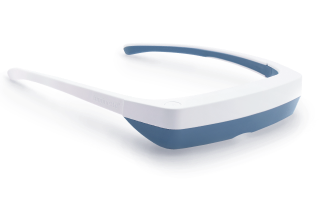
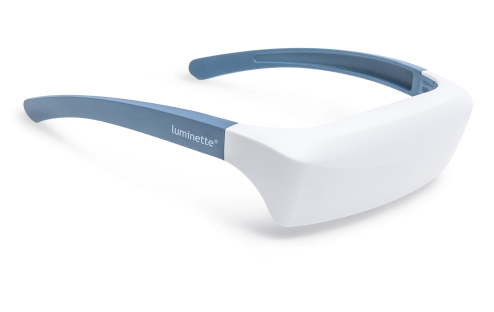
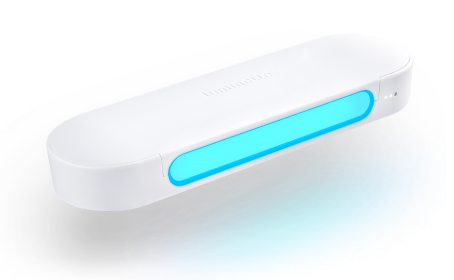
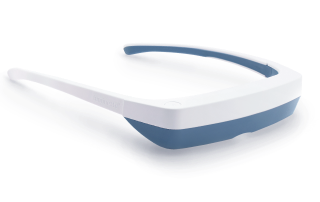
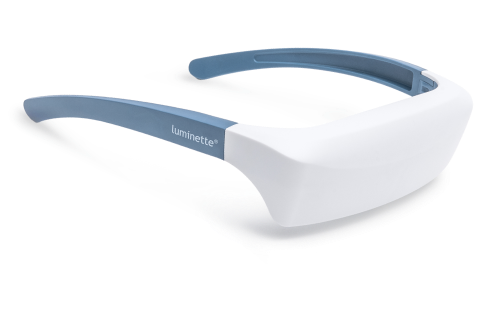
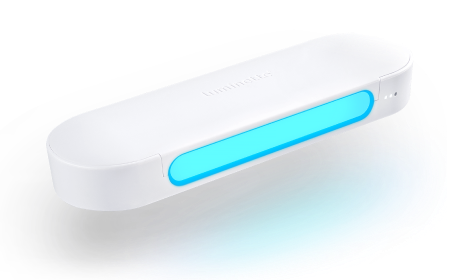
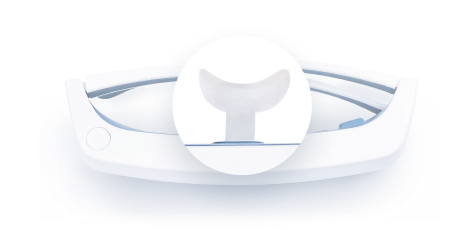
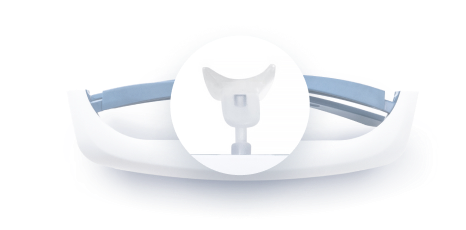
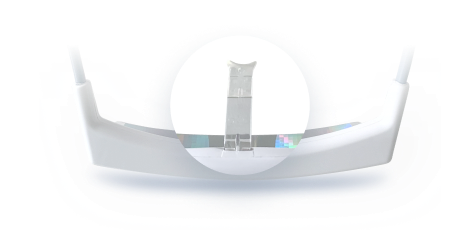













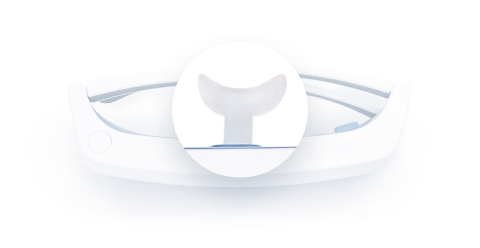
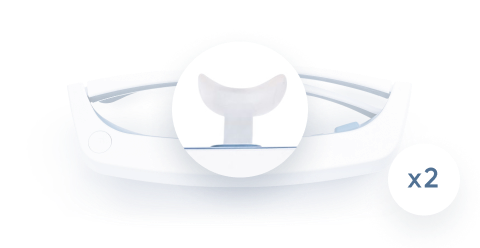
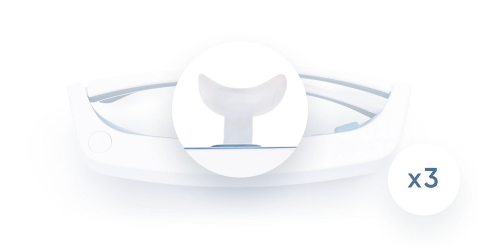

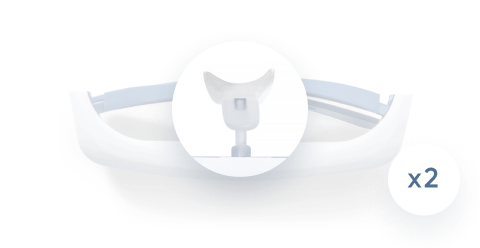
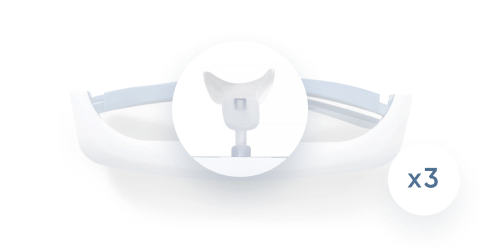
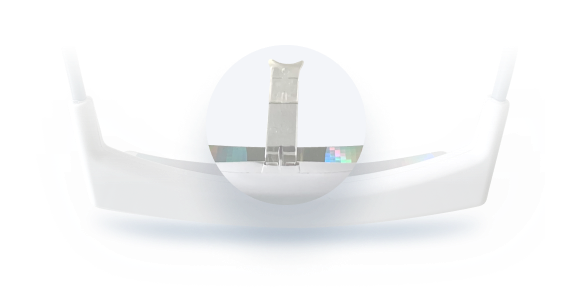

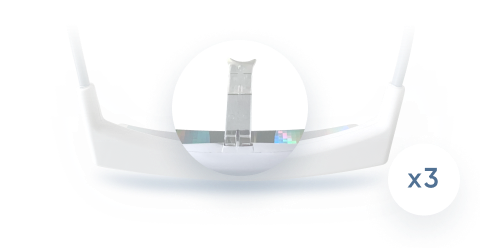
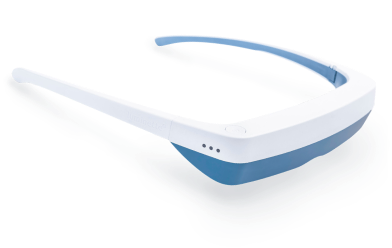
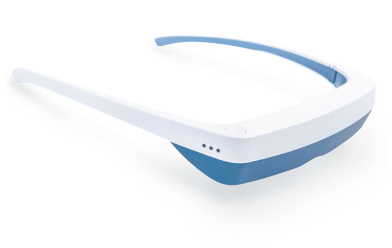
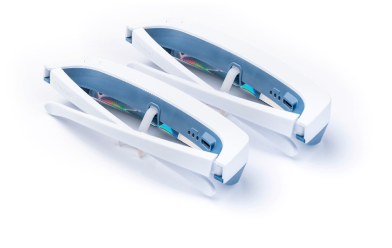
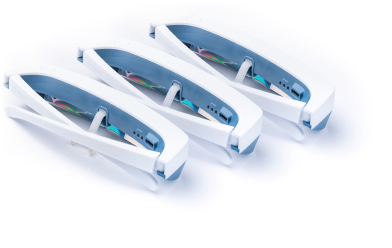
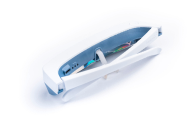


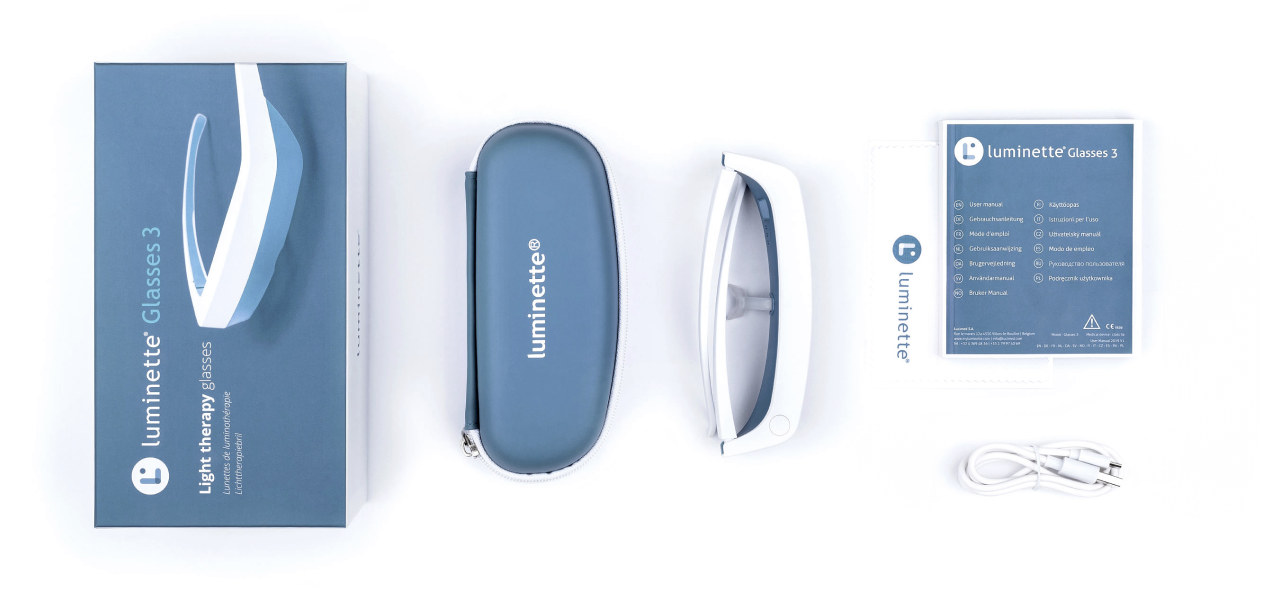
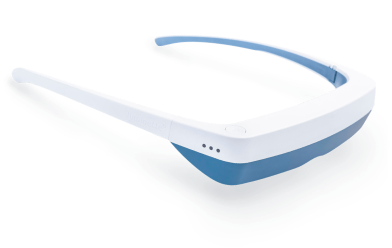
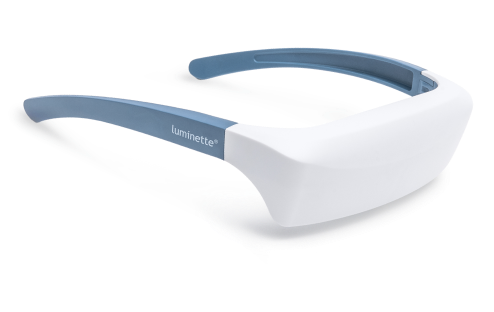
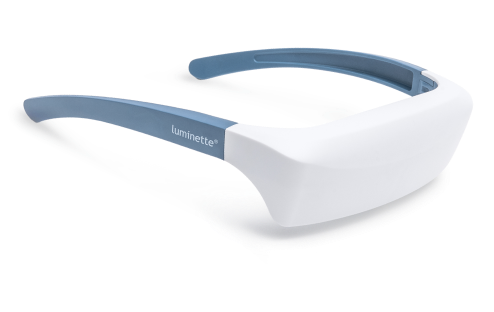
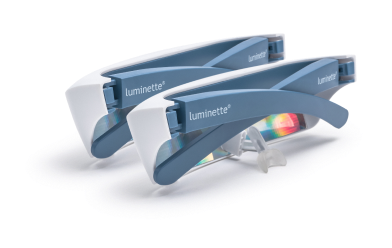
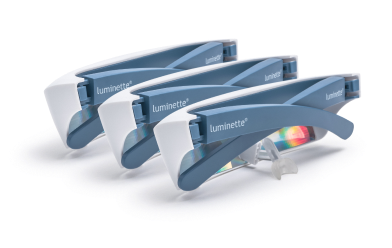
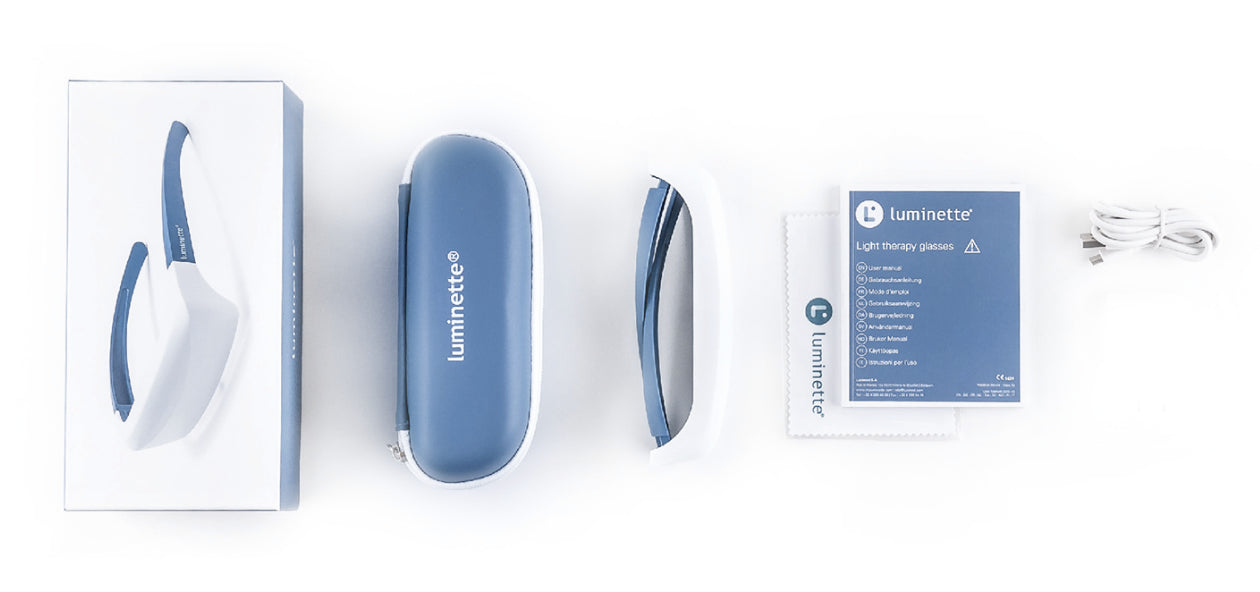
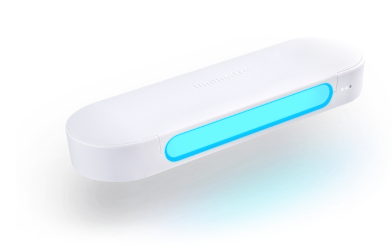
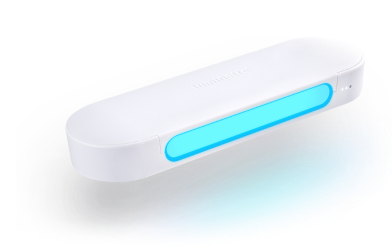
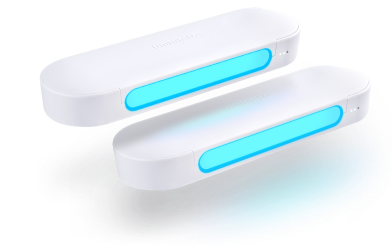
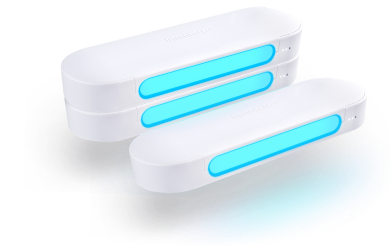
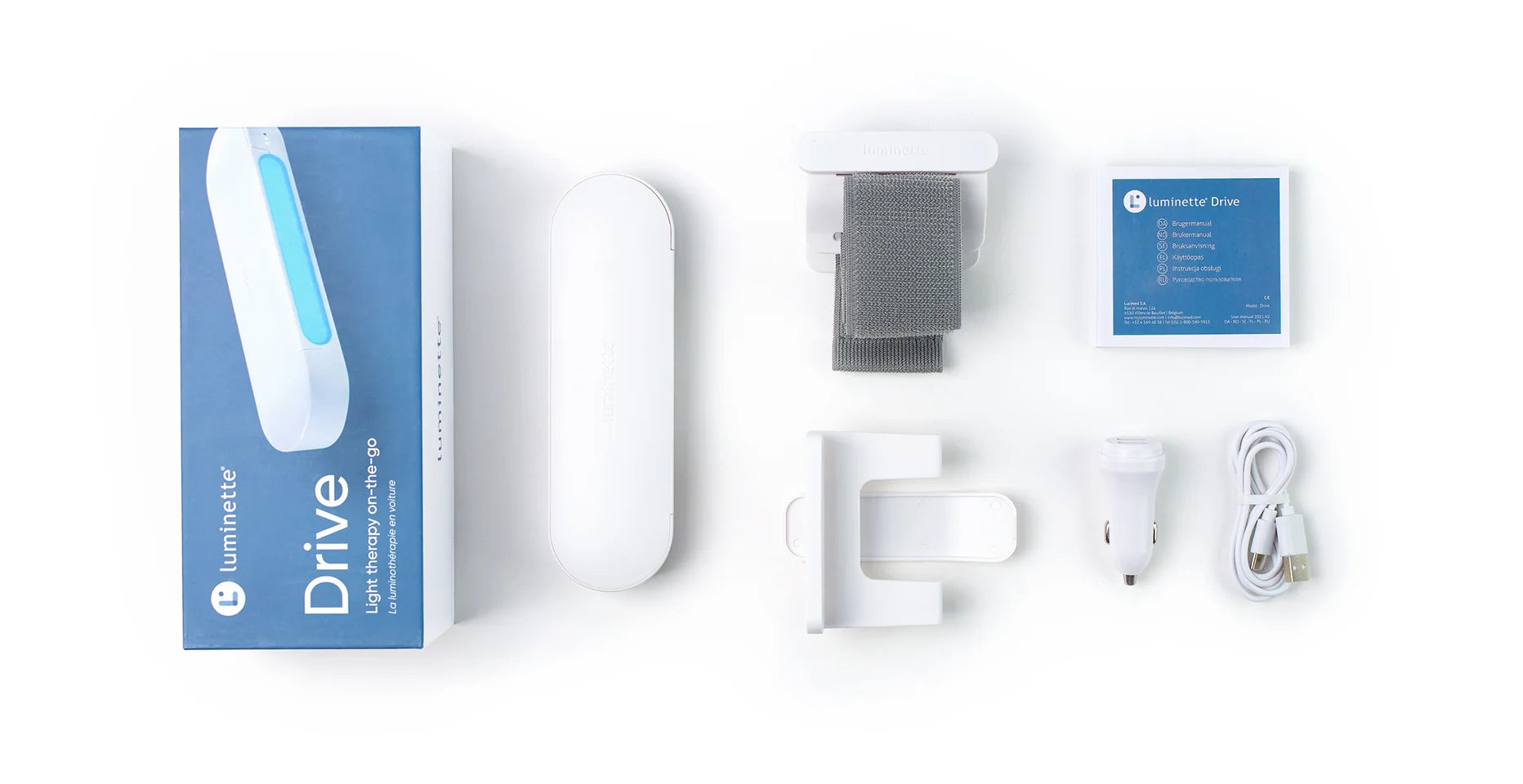
 Please note
Please note



